- Soma Mater's Newsletter
- Posts
- SOMA Newsletter
SOMA Newsletter
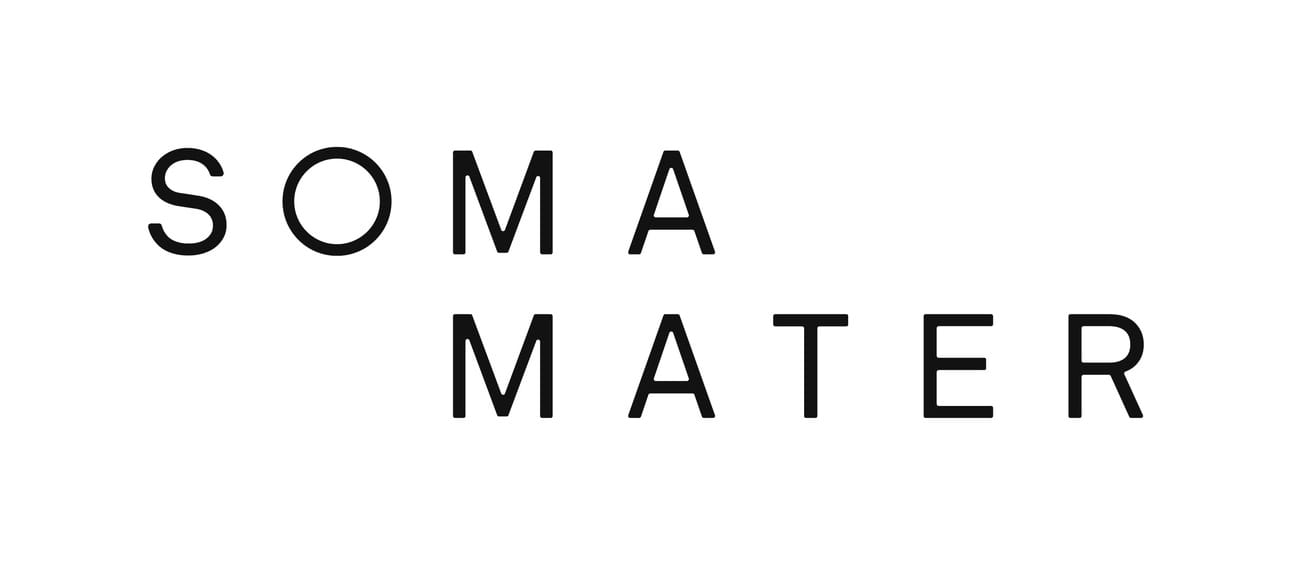
Welcome to the SOMA MATER weekly newsletter.
At SOMA MATER, we specialize in delivering comprehensive research and advisory services with a focus on Food & Water Security and Net Zero Transition in the MENA Region. In order to support our subscribing clients in navigating these topics and understanding the regional narrative, we produce monthly Food and Water Security and Net Zero Transition Intelligence Reports, along with our in-depth analysis and insights.
This weekly newsletter highlights the top 3 stories from the past week in Food and Water Security and Net Zero transition, along with SOMA MATER's analysis and perspective.
What major AI infrastructure partnership was recently announced between France and the UAE?
What is Egypt's new initiative to reduce vehicle emissions and how does it plan to achieve this goal?
What advantages could the introduction of vanadium flow batteries have in the Kingdom of Saudi Arabia’s Net Zero journey?
Sustainably yours,
The SOMA team
Bytes in the Desert: The Franco-Emirati AI Power Play
#NetZeroTransition #FoodandWaterSecurity
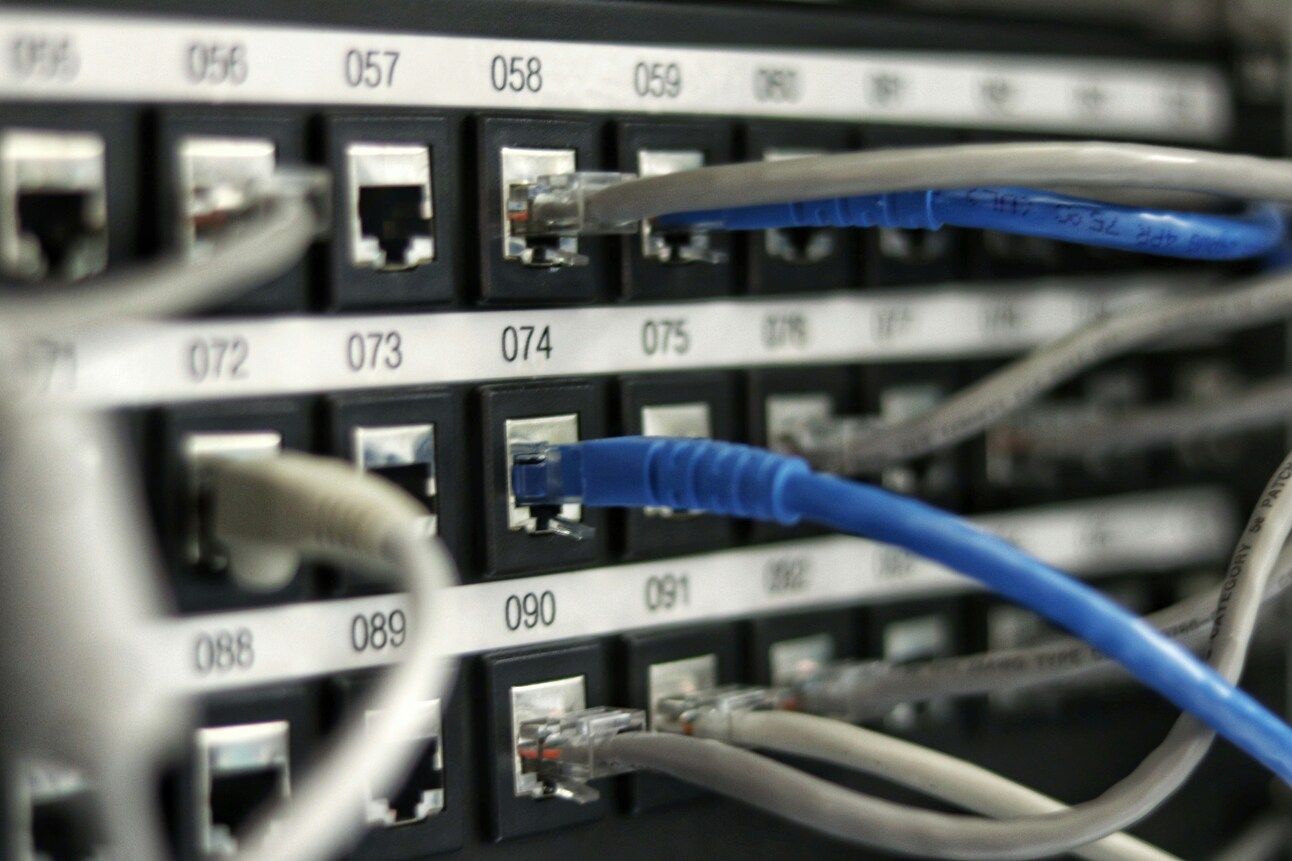
France and the UAE have agreed to a framework accord to establish a 1 gigawatt data centre, representing an investment of $30-$50 billion. This announcement comes as France prepared to host the Artificial Intelligence Action Summit this month, bringing together global leaders, organizations, and industry experts.
The collaboration encompasses investments in both French and Emirati AI capabilities, procurement of cutting-edge chips, data centre development, talent cultivation, and the establishment of virtual data embassies. This partnership comes at a strategic time for the UAE, which currently operates 32 data centers across four markets, with Dubai and Abu Dhabi hosting the majority of these facilities. The UAE's data center market has shown strong growth, with vacancy rates dropping from 26% in the late 2010s to just 9% in the third quarter of 2023.
In the broader Middle Eastern context, this partnership could also impact the region's data center landscape, which currently comprises 236 data centers across 17 countries (Figure 1). According to this data, the Kingdom of Saudi Arabia and the UAE stand as the second and third largest data center markets in the Middle East (respectively). This positions the UAE well to leverage this new French partnership for further growth in the AI and data center sectors.
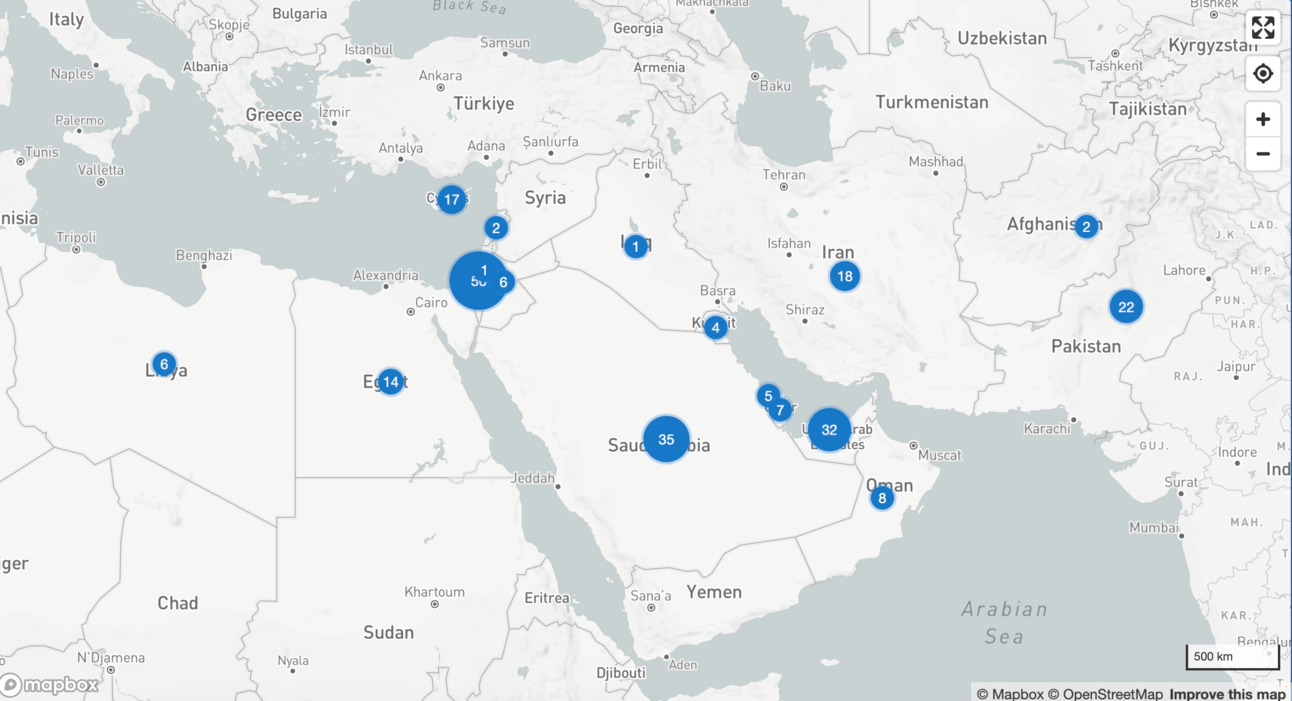
SOMA’s Perspective:
This partnership exemplifies the growing recognition that data centers are becoming crucial strategic assets in the modern geopolitical landscape. Countries will increasingly view data infrastructure as critical to national security and economic competitiveness. Understanding how energy use and national wealth are intertwined is essential in addressing the growing demands of data centers. As the region rapidly expands its data center capacity, the environmental impact will also need careful management to align with Net Zero commitments. We anticipate growing pressure to power these facilities with renewable energy sources and implement innovative cooling solutions.
Sources:
https://www.elysee.fr/en/sommet-pour-l-action-sur-l-ia#:~:text=On 10 and 11 February,artists and members of civil
Egypt Shifts Gears: A Turbocharged Plan for CNG & EVs!
#NetZeroTransition
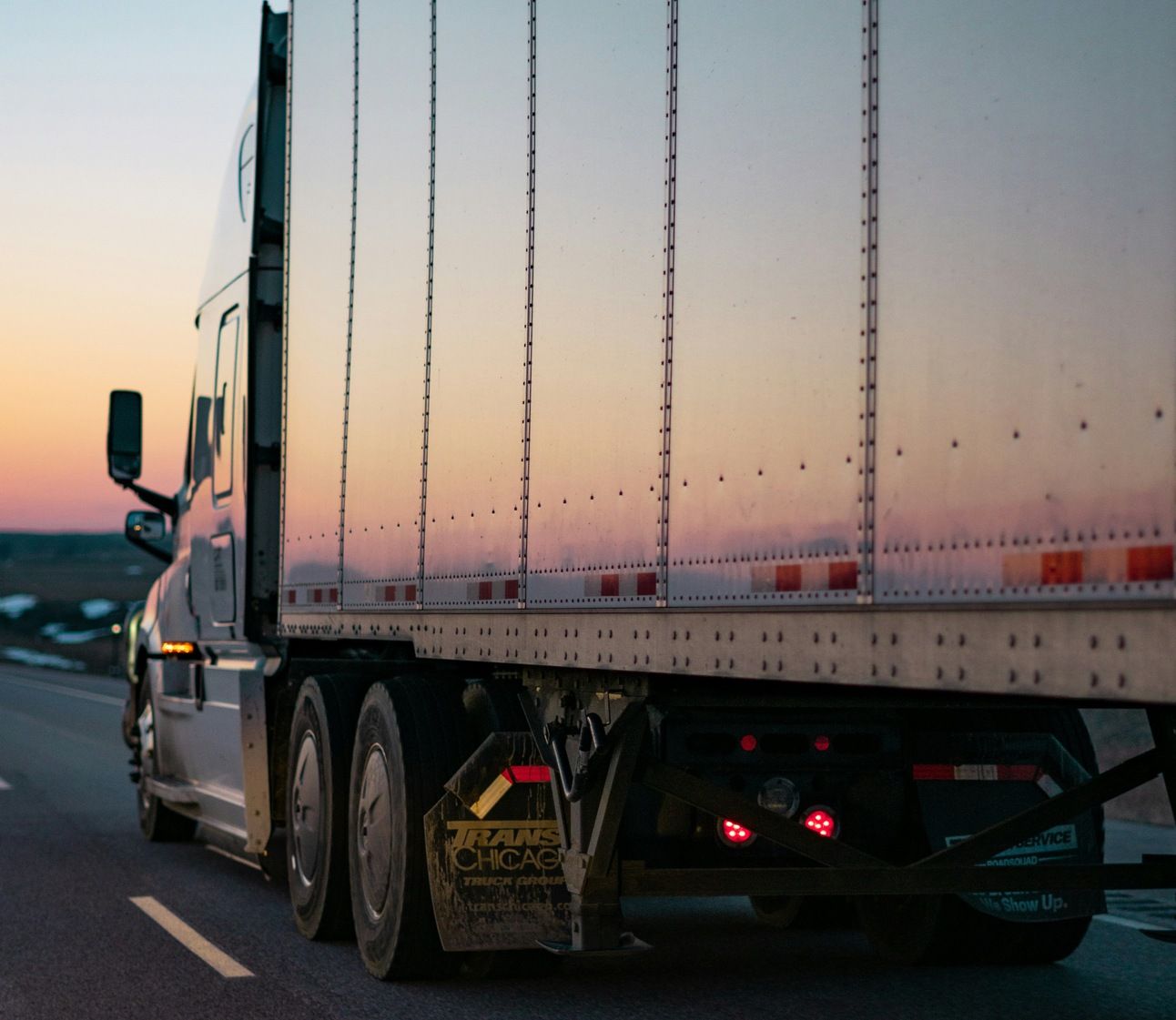
Egypt is preparing to introduce two new initiatives aimed at promoting natural gas vehicles and EVs. The Egyptian government, through a joint task force from the Ministries of Finance and Petroleum, has announced plans to convert 1.5 million vehicles to compressed natural gas (CNG), with a projected 50% reduction in diesel consumption.
This initiative builds upon Egypt's established leadership in natural gas vehicles (NGVs) in the Middle East and Africa region, where it ranks among the global top ten in converted vehicles. The country's commitment to natural gas vehicles dates back to the early 1990s, demonstrating a long-term vision for sustainable transportation. The focus on CNG is strategic, as it offers lower production and storage costs compared to liquefied natural gas (LNG), which requires expensive cooling processes and specialized storage infrastructure.
The significance of this initiative is underscored by Egypt's current environmental challenges, with the transportation sector contributing 25-30% of the country's total greenhouse gas emissions. As Africa's largest non-OPEC oil producer and third-largest natural gas producer on the continent, Egypt's transition to cleaner fuel alternatives represents a crucial step toward reducing its carbon footprint while leveraging its natural gas resources as a bridge between fossil fuels and zero-emission alternatives.
While CNG offers financial benefits, LNG has distinct advantages in transportation and energy density. LNG excels in long-distance transport via barrels when pipelines aren't available, and provides three times more energy per unit compared to CNG. Though CNG offers easier refueling options, LNG's compact storage and higher energy density make it particularly suitable for heavy-duty vehicles and long distances.
SOMA’s Perspective:
We are encouraged by Egypt's initiative to introduce CNG and improve the environmental impact of its transportation sector. We anticipate this transition will be gradual however, as LNG continues to dominate the market, particularly in long-distance trading and heavy transport applications.
Sources:
Vanadium in the Kingdom: The Battery Battle Gets Flowing!
#NetZeroTransition
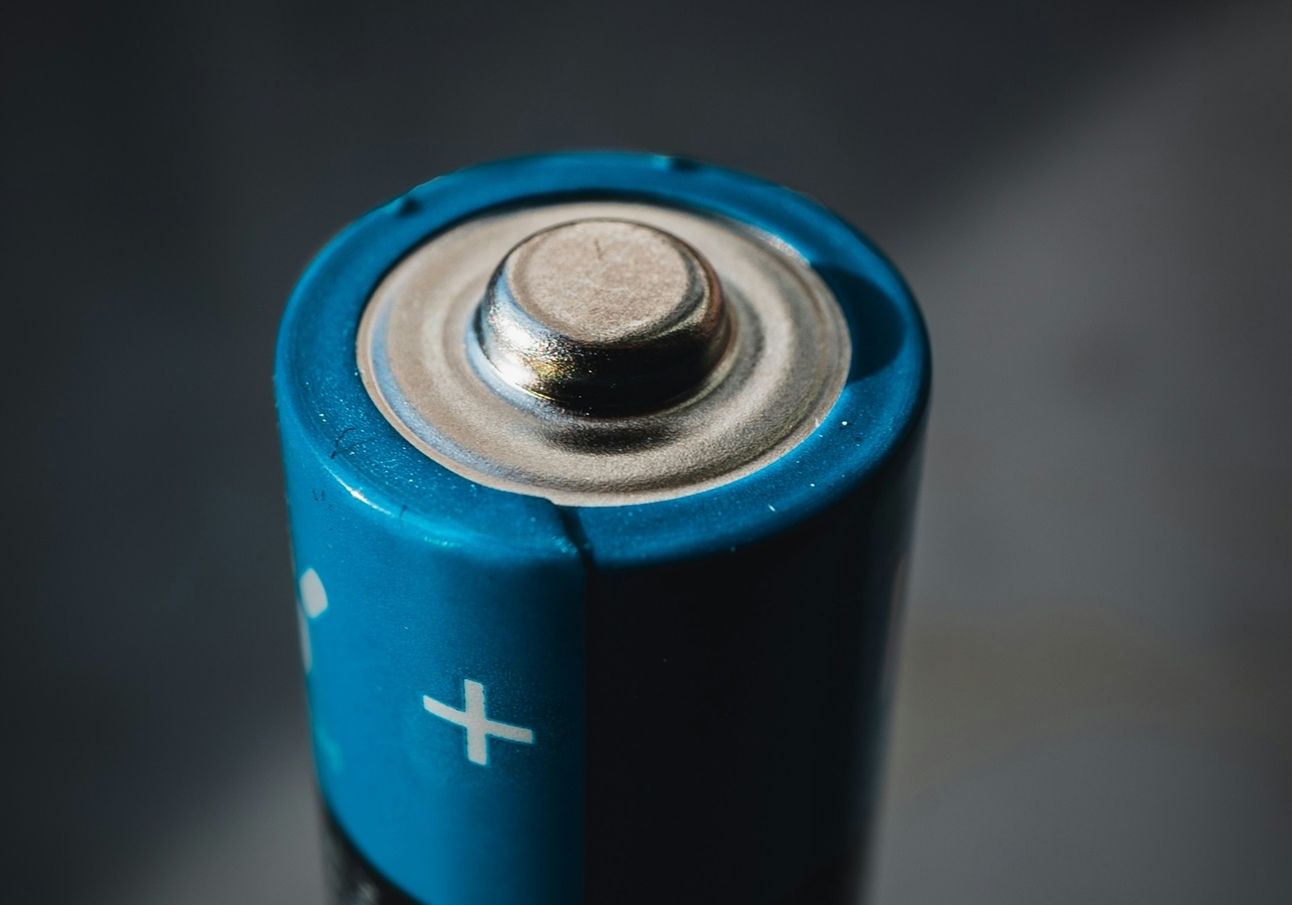
ACWA Power has signed two agreements with Aramco focused on renewable energy and energy storage advancement in Saudi Arabia. The first agreement centers on developing photovoltaic energy forecasting using big data analytics and machine learning, while the second aims to evaluate vanadium flow battery technology's performance in the Kingdom's climate.
Collaborations extend beyond these primary agreements, with ACWA Power forming strategic partnerships with several key players. These include Bluewater Bio for desalination filtration technology, Dow for anti-scaling chemicals testing, Hysata for green hydrogen production, and King Abdullah University of Science and Technology for sustainable solutions research.
Of particular interest is the possible introduction of vanadium flow battery technology, which offers unique advantages in energy storage. These batteries can maintain 100% discharge capacity without degradation, unlike conventional lithium batteries. Vanadium flow batteries last twice as long as lithium-ion batteries - they can handle 20,000 cycles and work for 15-25 years with very little wear, while lithium-ion batteries typically only manage 10,000 cycles and last 10-15 years. However, despite these benefits, challenges remain in widespread adoption due to vanadium's limited supply in certain locations (mostly in Russia, China, and South Africa) and volatile pricing.
SOMA’s Perspective:
As we've noted in our analysis of recent regional developments in data centers and transportation, the introduction of vanadium flow batteries represents another exciting step forward. While acknowledging the supply chain challenges, we believe this technology could be transformative for the region's energy storage capabilities. Energy storage remains a crucial focus in the region, especially given the recent surge in renewable energy projects. The region’s capacity to store and efficiently use this energy will determine the level of success of these projects.
Sources:
https://shop.machinemfg.com/vanadium-vs-lithium-a-comprehensive-comparison/#:~:text=In summary%2C while lithium-ion,utility-scale and grid applications.
SOMA MATER is writing Intelligence Reports on the topics of Food and Water Security and Net Zero Transition. If you’d like to know more, contact us through the link below: